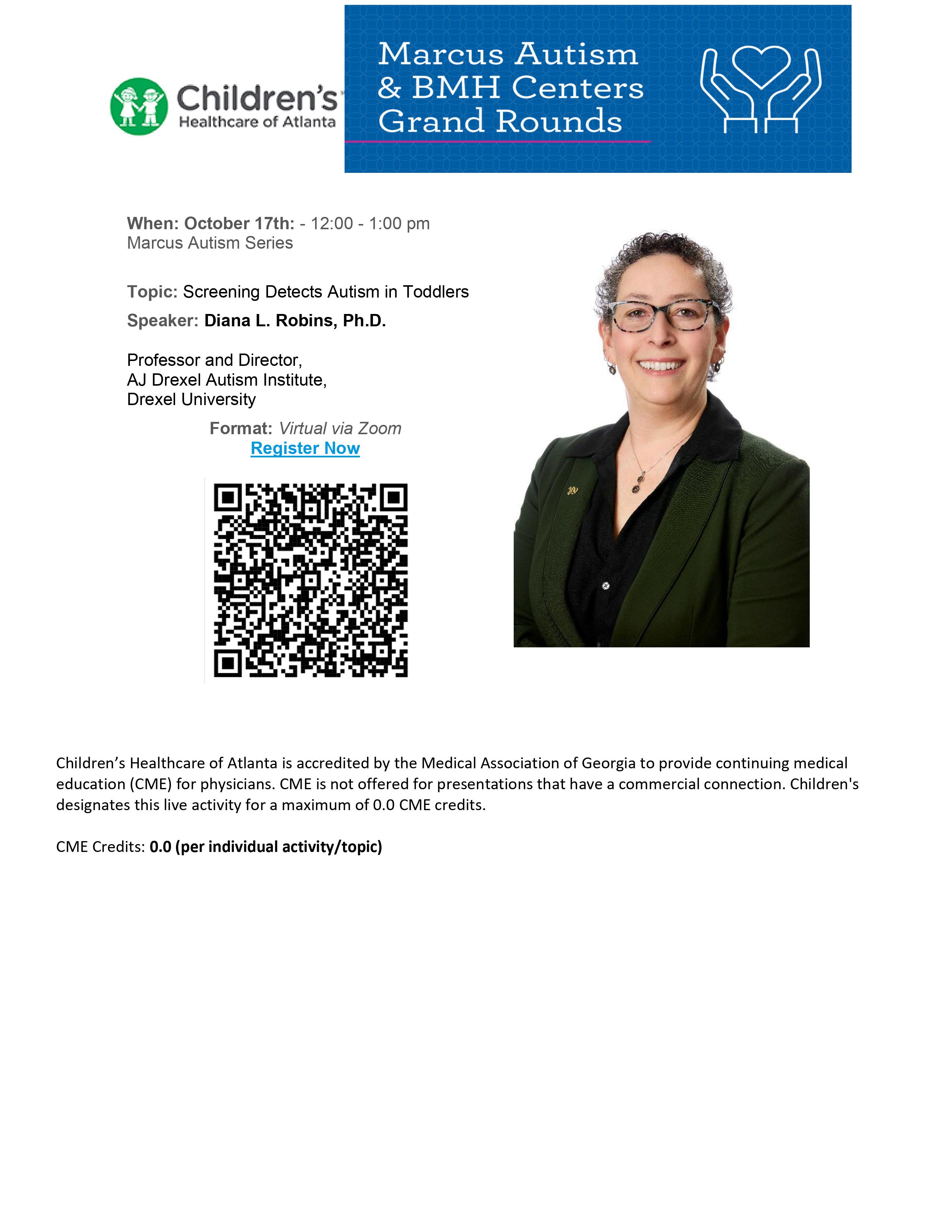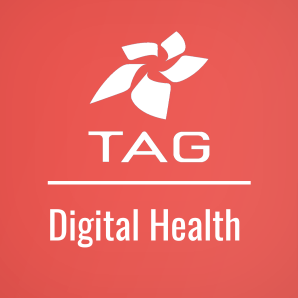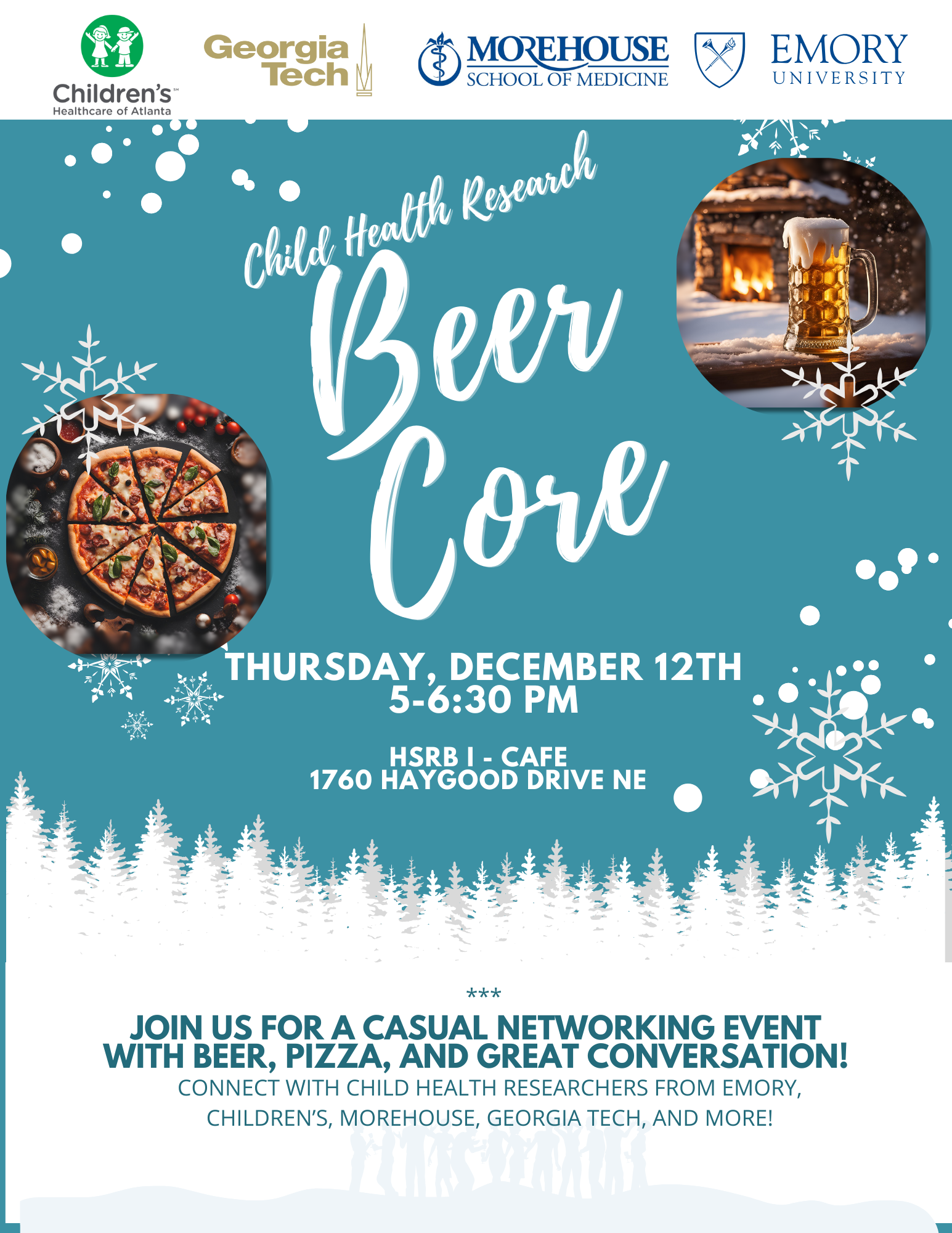Event Summary
The TAG Digital Health Signature event highlights the pressing disparities in children's health, women's health, and rural health including solutions to address them.
Event Summary Sentence
The TAG Digital Health Signature event highlights the pressing disparities in children's health, women's health, and rural health including solutions to address them.
Body
Health inequities persist, impacting diverse populations and creating significant challenges. The TAG Digital Health Signature event highlights the pressing disparities in children's health, women's health, and rural health including solutions to address them.
Children experience health disparities due to limited access to pediatric care and preventive services, often due to factors such as poorer socioeconomic situation and ethnicity that lead to worse health outcomes.
Women experience health disparities due to inherent gender biases across the continuum from clinical research to practice of medicine. These disparities, exacerbated by factors such as socioeconomic status, ethnicity and culture, result in overall poorer health.
People living in rural geographies experience health disparities due to limited access to healthcare facilities and specialists resulting in delayed care and poorer outcomes for rural populations.
Addressing these inequities requires innovative solutions and a commitment to advancing health equity. The TAG Digital Health Signature Event will explore these issues, focusing on actionable strategies to bridge gaps and ensure a more equitable healthcare future for all.
Join us for a panel on each of these topics, a keynote, networking and a showcase of companies working to address these issues. (If your company focuses on one or more of these areas and is interested in being featured in the showcase, select Yes during registration. If you qualify, the cost is nominal - just $200 per company which includes 2 tickets and a small table in the networking area.)












